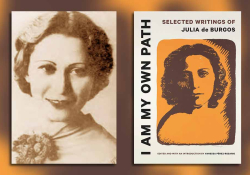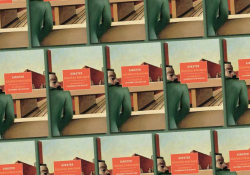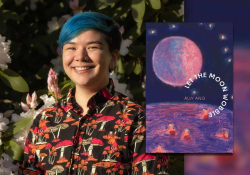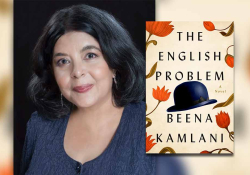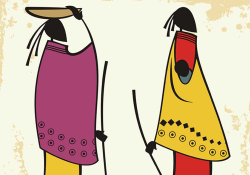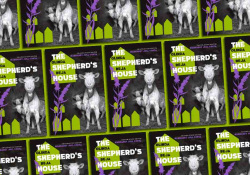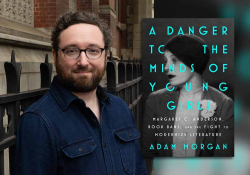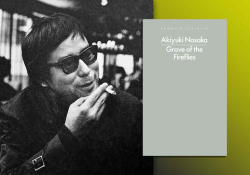Best Literary Translations 2024: Expanding the Multilingual Catalog of World Literature
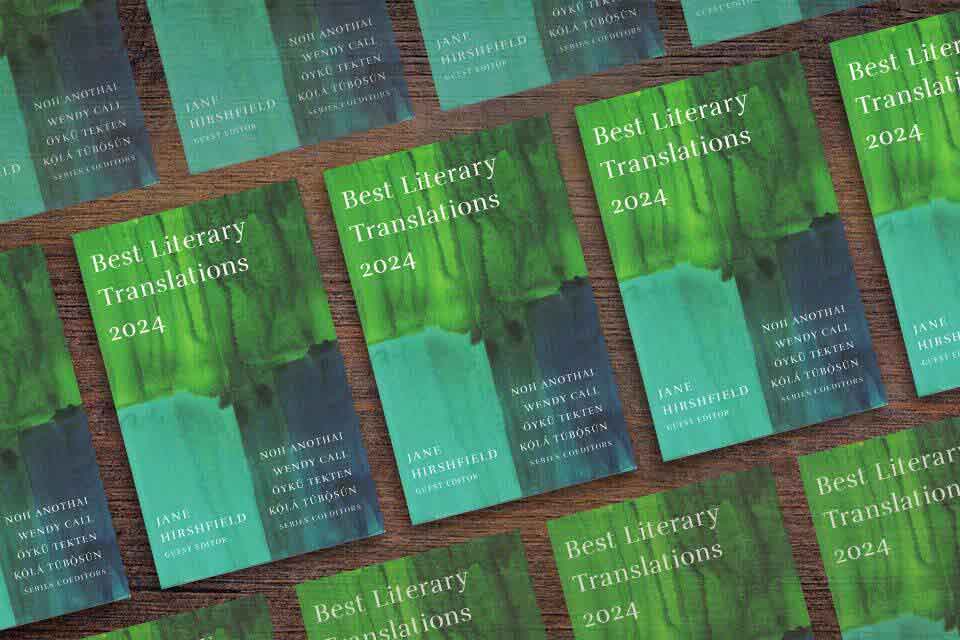
A recent Parisian exhibit about the pre-impressionists revealed that before painting techniques changed, artists abandoned heroic subjects and eternal, noble emotions to portray ordinary people and scenes. Modernity, speed, and momentous life changes intruded on art; scenes captured the ephemeral moments enshrined in Monet’s Impression, Sunrise (1873). Best Literary Translations 2024 (Deep Vellum, 2024) marks a similar achievement for world literature. Rather than breaking new ground in translatorial authority, it focuses on short prose pieces and poems whose authors use literature as an act of resistance and expose life’s dysfunctions in all their spiritual, emotional, and political surrealities.
The “poetics and politics” of translation mirror the pieces’ social and ethical consciousness by retranslating gender and class words and giving special attention to the translator’s relation to and distance from the source text. Not all literatures are equally represented, however. Eleven selections represent Middle Eastern literature, eight the Spanish-speaking world of the Americas, seven the European literatures from the “periphery” of western Europe; Asian and especially African literatures have fewer selections. While most authors are contemporary, texts written in Old Egyptian, Ancient Greek, medieval rune, Tigrinya, Mapuche-Huilliche, and Wayuu remind us of the need to protect endangered literatures.
Texts written in Old Egyptian, Ancient Greek, medieval rune, Tigrinya, Mapuche-Huilliche, and Wayuu remind us of the need to protect endangered literatures.
A notable feature of Best Literary Translations 2024 is its voluminous contextual data, which makes it impossible to fully appreciate the book without reading its fine print. The translators’ notes and biographies of the translators, co-editors, guest editor, and authors complement the co-editors’ and guest editor’s introductions. Fifty-one longlisted “notable” translations published in 2022 are also listed. The palimpsest created by genealogy and context offers foreign literature students, editors, and historians a significant resource.
Best Literary Translations 2024 is dedicated to the late Edith Grossman, a distinguished translator of Latin American and Spanish literature into English. Guest editor Jane Hirshfield appears alongside four dynamic co-editors: Thai translator Noh Anothai, Nigerian linguist and translator Kola Tubosun, poet, translator, and archivist Öykü Tekten, and American translator of Latin American literatures Wendy Call. In a world in which nationalism increasingly carves moats between literatures, may the 2025 edition continue building a world literature portrait for the ages.
University of Tennessee at Martin

